Through the lens of the Oculus:
By xpgamer7 5 Comments
A little backstory to how I even got in
I wasn't able to afford supporting Oculus, but I kept checking the kickstarter update page. When I heard they were coming to PAX I had to see it. I couldn't find it on the show floor and the enforcers had no idea either, so I headed for the bethesda/ID booth(Doom 3) to see if they had any idea. After a long misguided search, I found a small room on the second floor with a cubicle in the back labeled Oculus. One conversation and an email later and I was scheduled in for the last appointment on Sunday.
First impressions
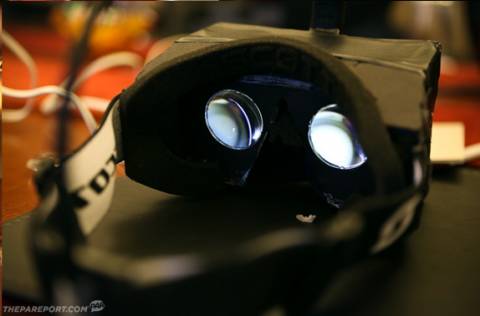
Coming in at the end meant everyone was tired. The Oculus still doesn't look like the pictures show, and closer to a small black box attached to the viewing end of a spray painted 3D viewer(those things you would put film wheels in). It looked a little big, but I didn't even notice the weight while wearing it. They were showing 2 and a half minute demos of Doom 3 BFG with 3D turned on. Putting it on my eyes immediately looked at the edges of the glass, but after about 10 seconds I couldn't notice. Even cooler was that looking around worked perfectly, and though there was a permanent shotgun coming out of my face I realized after a few hours it'd feel pretty natural looking around a virtual world not to mention you notice a lot more when you're looking around with your head rather than with a stick. It does make you notice the scale of the game much more, and Doom looks kinda friggin weird when it's life sized. It's more a thing for developers to take notice of, but everything that you usually notice in the real world becomes much more prominent when it's out of place in the virtual one. Also it's pretty hard to get immersed without the sound working on par with the visuals. Although it's taken for granted, and that during the demo I had one side of the headphones they give you off for dev conversation, I kept getting pulled out of the world by outside noises and talking. Other things that will mess with you are waving your hand in front of your face and the Doom 3 Oculus control scheme. On a first run it's hard to get used to turning your head for Corners or really getting used to not using the right stick. Especially because you have to use the right stick a little(Again weird design scheme). I did find out that Hawken will let you look around the cockpit rather than aim the mech. Finally I should probably note that it doesn't look great. Some people have criticized the resolution and been criticized back. The game does look blurry. I think it's mainly the 3D(As anyone who's played a 3D game knows) making it blurry, but even Palmer commented on the resolution being higher in the actual kits(without comment, there's too much criticism on it to need one more). I don't really want to comment too much on the design, as this is really early on, but it WILL be wired(singularly) for expense reasons(they speculated on different models later on). And though this should be obvious you can't just dual stream video through some basic scripts to the headset. Finally I should say I couldn't last the full few minutes without feeling like I was a little ready to barf and had a headache for the rest of the day. Apparently I was in the minority but they are working on adding some positional tracking so that it's not just tracking your head movement but subtle sways of your body so that it doesn't feel like the world is moving with you rather than moving within the world.
Final views
It's pretty damn cool but when they said this was VERY bleeding edge they weren't lying. For me the issues made it hard to enjoy it, but I definitely see the potential and how cool it is. They've apparently talked with many various groups from military to medical, and even found a guy who designed a linux workspace in VR. I think my cynicism with all the issues makes me dislike the product more than it deserves, but it's a huge step in the right direction and what VR seemed intended to be.

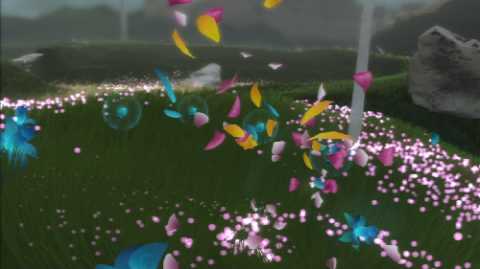
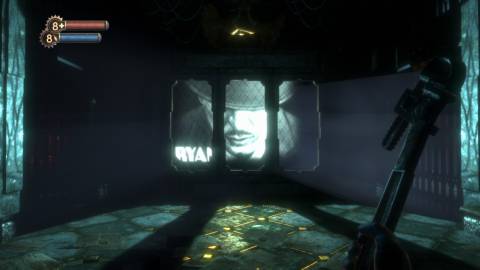
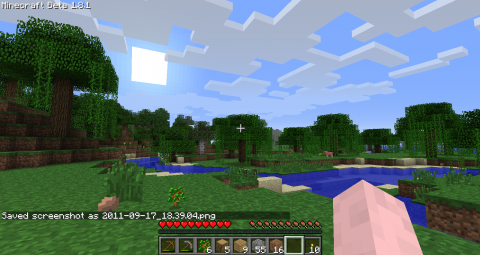
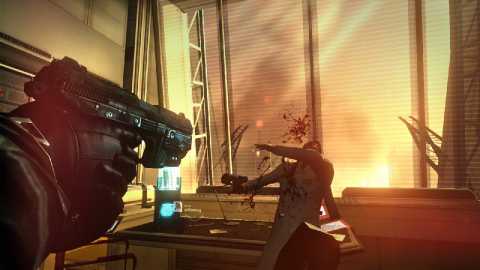
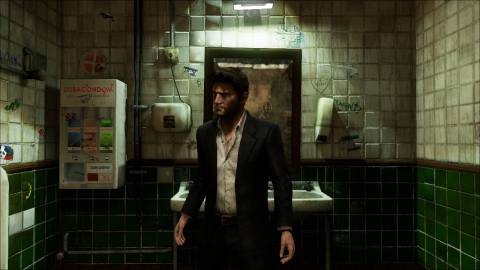
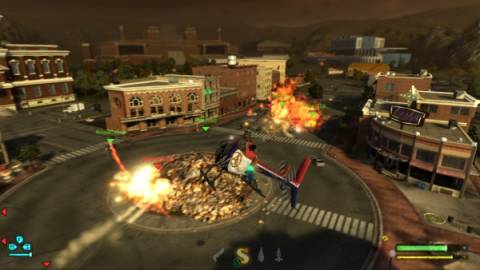
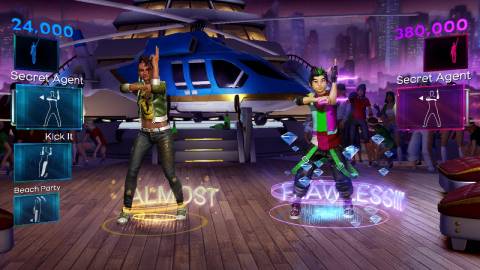
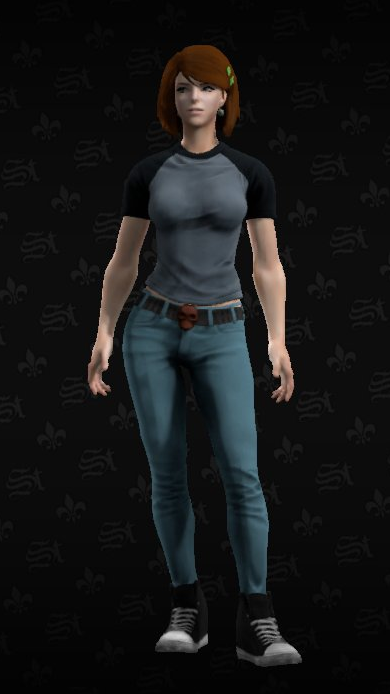
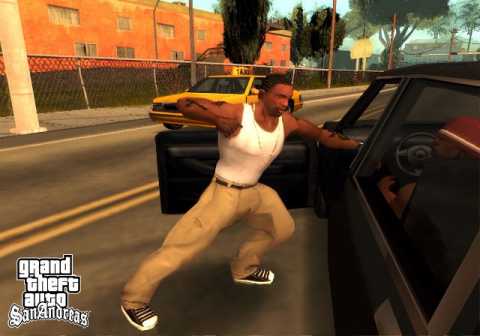
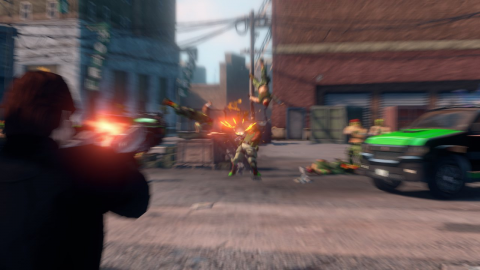
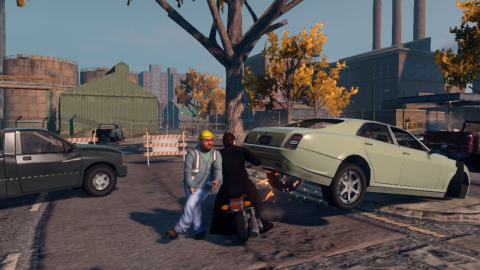
Log in to comment